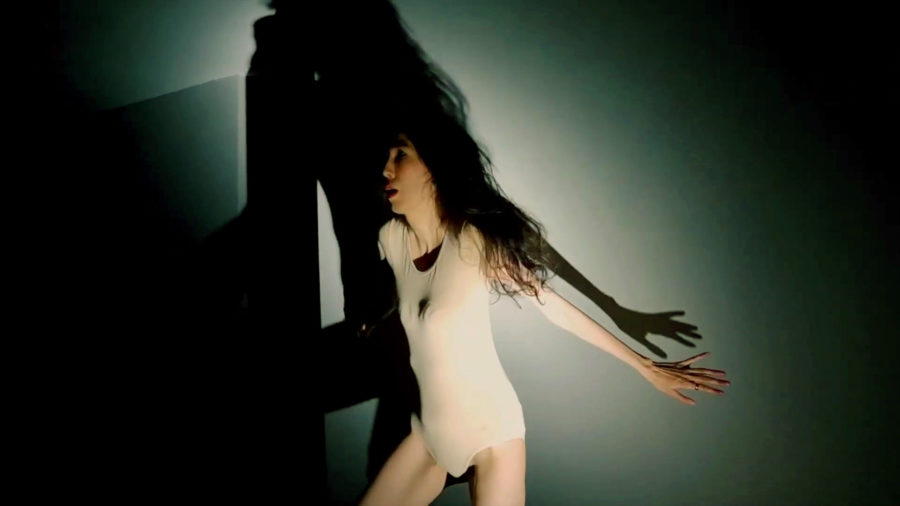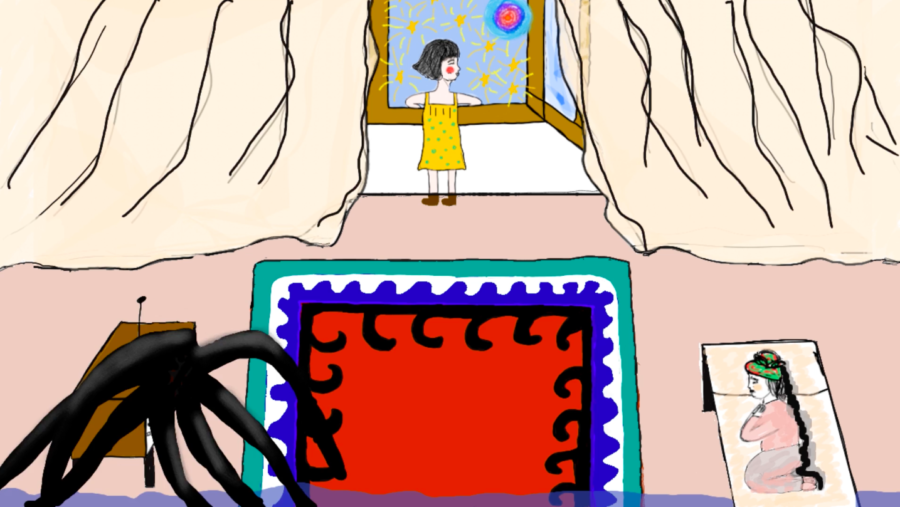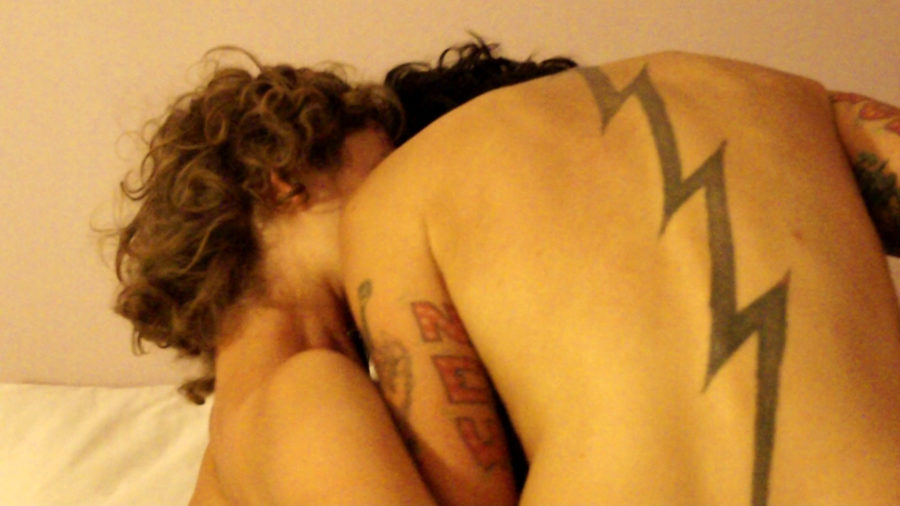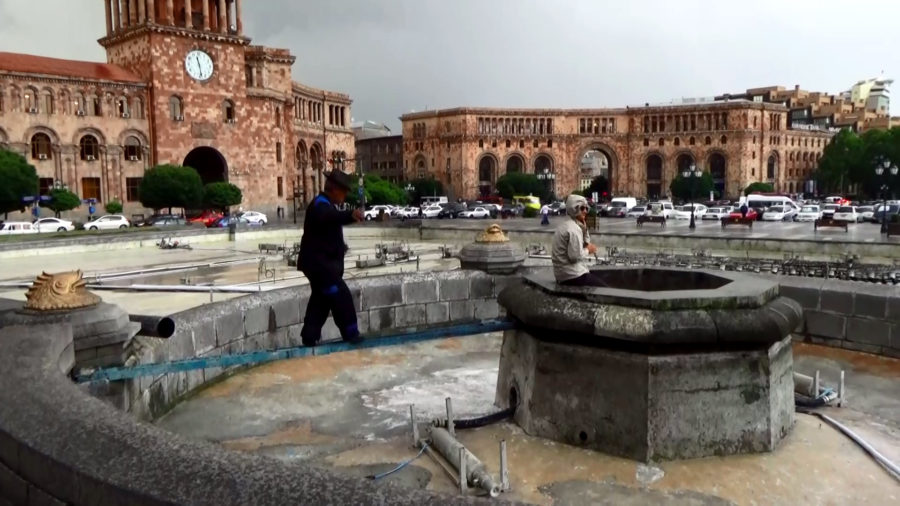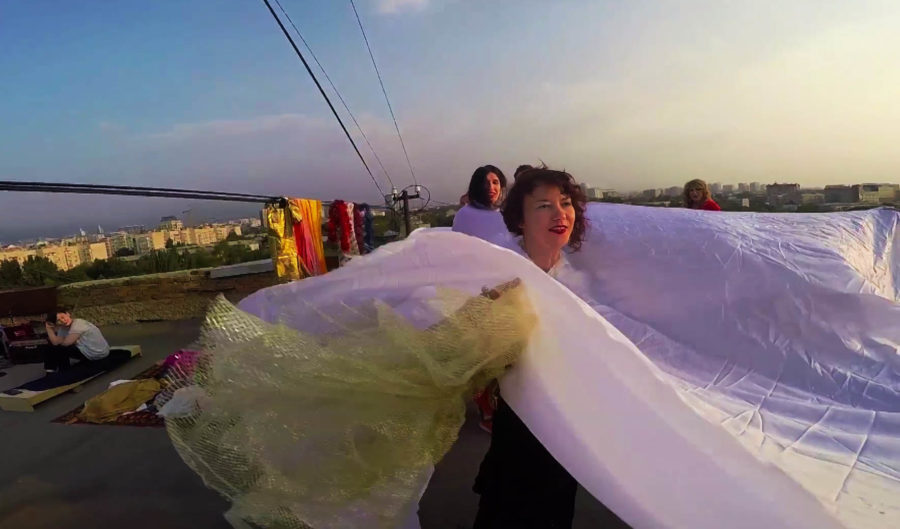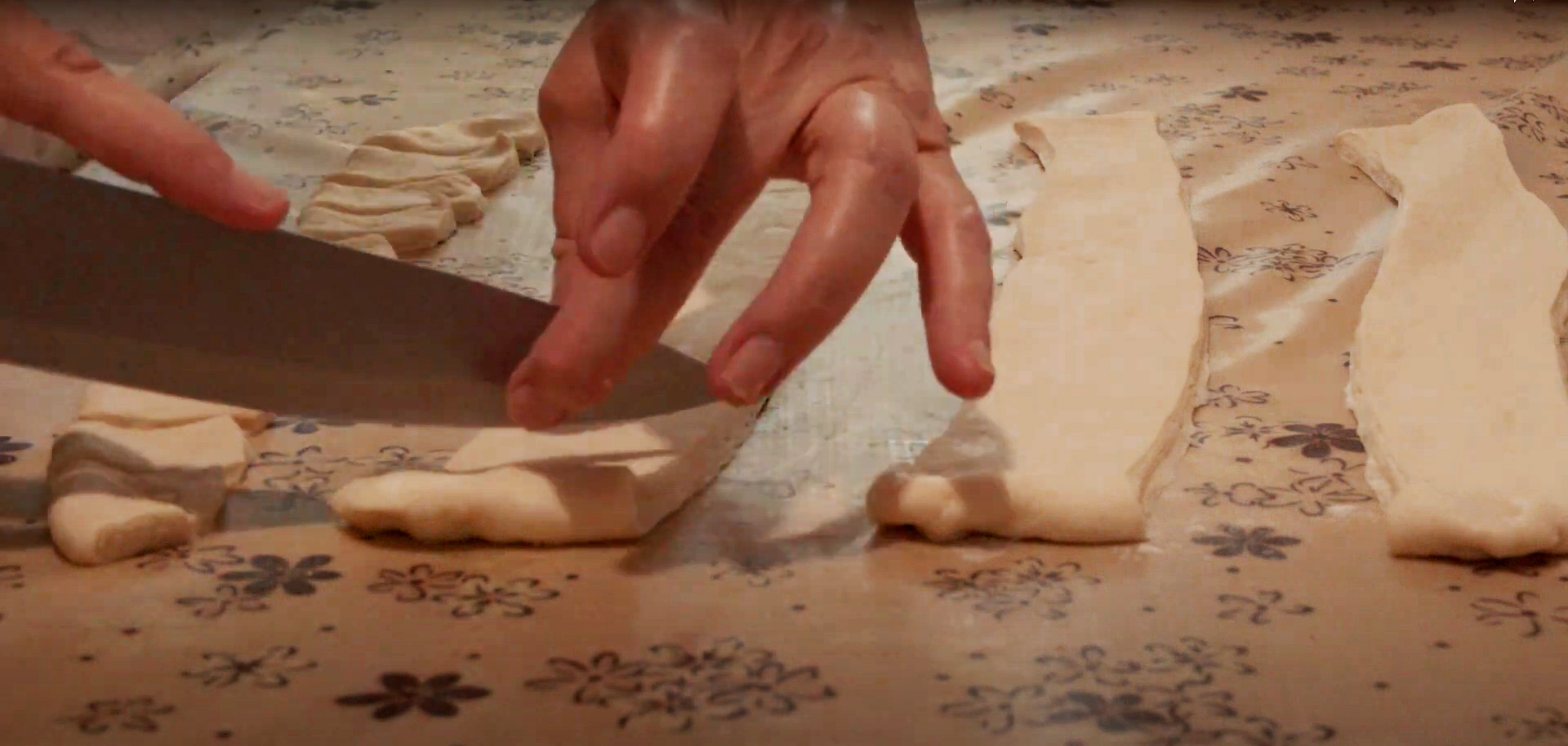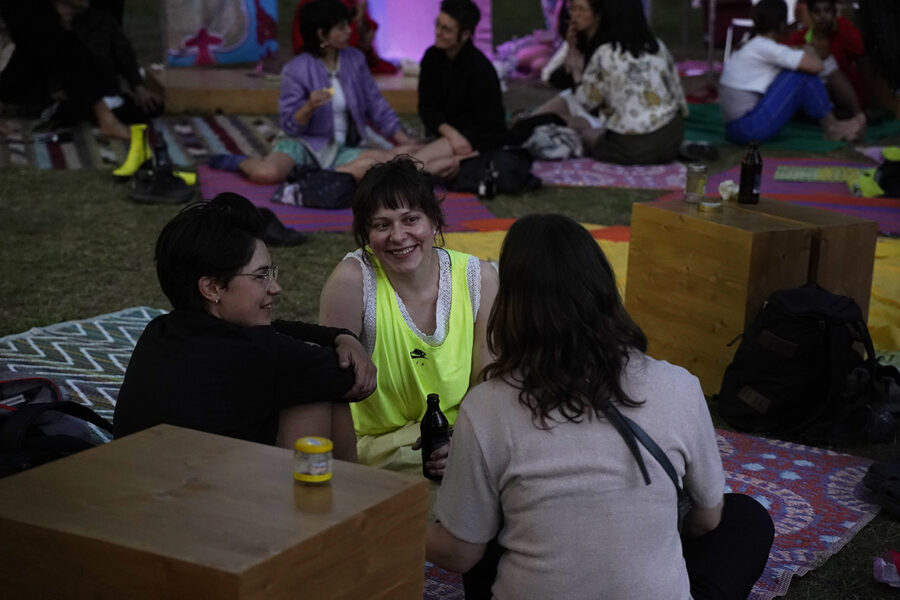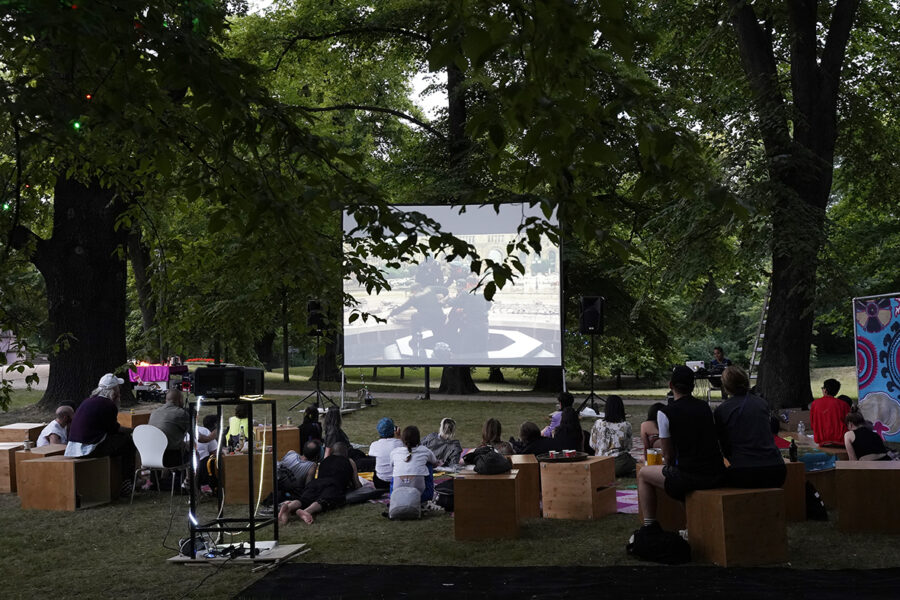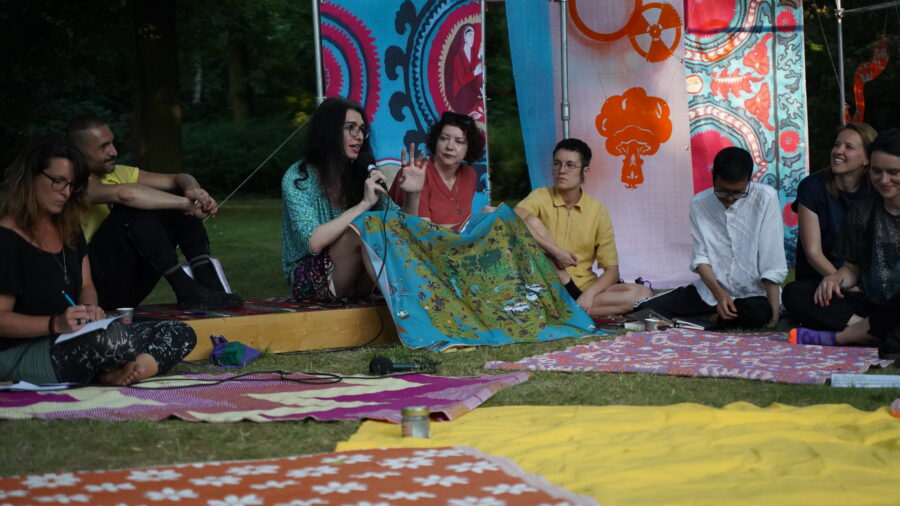[LOCATION]
Flutgraben e.V., Am Flutgraben 3, 12435 Berlin[CURATORS]
krёlex zentre[ARTISTS]
Nazira Karimi, Bakhyt Bubikanova, Gulzat Matisakova, lucine talalyan, Anna Shahnazaryan / Tigran Khachatryan / Lara Aharonian / Lala Aslikyan / Are՛Martirossian / Olya Azatyan / Sevan Petrossian and others, Katipa Apai & krёlex zentre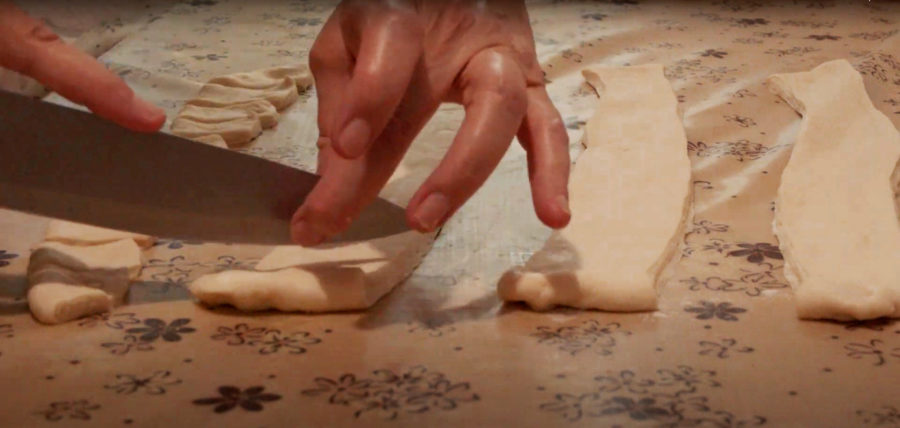
Video art festival on the former border dividing East and West
D’EST Cycle #2: Screening Chapter “Postsocialist Time Slips”
Image: Nazira Karimi, Izdeu, 2022.
D’EST Cycle #2: Screening Chapter Postsocialist Time Slips
curated by krёlex zentre
with Nazira Karimi, Bakhyt Bubikanova, Gulzat Matisakova, Lucine Talanyan, Anna Shahnazaryan / Tigran Khachatryan / Lara Aharonian / Lala Aslikyan / Are՛Martirossian / Olya Azatyan / Sevan Petrossian and others, Katipa Apai & krёlex zentre
Guest: Dilda Ramazan
June 9, 2023, 9.45 – 10.45 pm
June 10, 2023, 8.45 – 9.45 pm
December 8, 2023, 9.30 – 10.30 pm
Hi! This is us, the non-white, non-straight, inter-mixed and left-winged diasporic queer outcasts, a swarm of mongrels from the former colonies of today’s Russian neo-fascist empire. How to tell a story of us becoming ourselves? Our roots are convoluted like mangroves, the shrubs that, in fact, are not found in Central Asia or Caucasus. How come that we are natives and strangers at the same time? What chain of events led to such a result? How did we become conscious, independent, postsocialist, creolized and queer?
Since everything began in the past, our first move was to step back and ask the seven generations of our female ancestors about the epochs they lived in (as in the video by Nazira Karimi). The past that had been suppressed for a long time suddenly revealed traumatic events and offered answers to our very first, most urgent questions. Connection to our origins made us feel more confident, as if protected by the ancestors’ spirits. But when, in a sleepless, disquieting night, we tried to summon those spirits for help, our conjuring failed, and nobody showed up. The blessing became a curse, and what we mistook for a spirit turned out to be just a sheep’s dead head (as in the video by Bakhyt Bubikanova). We realized that protection was an infantile illusion, that in this world we are left alone to our own devices. That made our world shattered. Trying to assemble it back again, piece by piece, we learned that the problem might be the one that is passed on to us from our parents (as in the video by Gulzat Matisakova). To tackle this we needed another leap back in time in order to look closer to our parents’ life, to search for the source of it all. So we plunged down into the depth of therapeutic meditation, which insensibly segued into a new realization: we must be ill, and it’s a hereditary disease. That’s how we reached the turning point, finally caught up with the reality of the present day and had to face it in its frightening proximity. At first it felt like a deafening blast. A moment of suspension, disorientation. But it didn’t last long. Something else has been going on as if without our intention. Awakened from the oblivion by gentle touching, warm breathing and moans, we opened our eyes and suddenly, to our great surprise, found ourselves making love to each other. And it was this act of lovemaking that brought back the music, and colors, and odors of the world (as in the video by lucine talalyan). Are we recovered yet? That seemed like a brief moment of happiness, which needed a celebration. We couldn’t just passively go with that flow, we needed to do something — an affirmation of our undeniable existence, an act of our own. So we went out to the streets and occupied a fountain in the main square, as in protest against subjugation to the normalized regime enforced on us (as in video by Anna Shahnazaryan, Tigran Khachatrzan and others). The action was absurd, but it transformed us once again and made us who we are: conscious subjects of our own lives, resisting attempts to bring us under total control by government and police. In that very fountain we gave them a slip! That’s how we escaped and found ourselves inside the improvised micro utopia: on the rooftop of a residential building, at the clandestine queer ceremony where everything that was got married with everything that wasn’t, but could have been, and probably, in some queer futurity, will be (as in the video by Katipa Apai & krёlex zentre).
Nazira Karimi, Izdeu, 2022, 12’22’’
Izdeu is a Kazakh word for ‘search.’ The film is an exploration of convoluted trajectories of seven generations of the protagonists’ foremothers, starting from the oldest, “seventh grandmother,” a nomadic woman from the banks of Syr Darya river. Flipping through several key pages of the colonial and post-colonial history of the region, it touches on the themes of oppression, trauma and resilience of indigenous peoples of Syr Darya in the face of historical cataclysms. As the camera follows the preparations for a traditional family reunion dinner, the narrative focuses on the complex interplay between personal and collective history.
Bakhyt Bubikanova, Moldakul, 2022, 4’23’’
Moldakul is a tribute to the author’s elder friend and spiritual teacher, the renowned Kazakh artist Moldakul Narymbetov (1948–2012). The looping video, intended to be shown in a gallery context rather than in a theater, shows the protagonist trapped in a kind of a bad dream where she keeps searching for her missing friend in dark corridors and calls out his name. With a characteristic mixture of sincerity and subtle self-irony, the video is heavily charged with affective meanings, ranging from personal grief for the passed away spiritual mentor to the general feeling of abandonment and orphanhood shared by many contemporary artists in Kazakhstan.
Gulzat Matisakova, My Mother’s Wound, 2021, 9’40’’
My Mother’s Wound is an autobiographical short documentary dealing with a certain kind of a generational trauma, which seems quite common among women in post-Soviet Central Asia. Using animation and drawings made during the therapeutic sessions, the author tells the story of her mother who had been born and grown up in the Soviet Union, then struggled against both the new capitalist regime and the new-old patriarchal family customs, got intoxicated by too much TV, developed depression and passed all of this on to her daughter. Despite the story’s overall bleakness, the film is an attempt at symbolic recovery, offering a pronounced therapeutic promise and optimistic outlook.
lucine talalyan, POST-DIY, 2015, 12’15’’
POST-DIY is directed at the circumstances surrounding the bombing attack of the queer bar in Yerevan called ‘DIY.’ It aims to produce both a visual and a verbal language that constructs and narrates life after the tragic event that took place on May 8, 2012. If the attack on DIY can be read as an act to silence and establish exclusionary societal norms by eradicating what is perceived as transgressive, then this video documents the fact that life goes on no matter what. It questions the desire to establish uniformity and totalitarianism in the post‐independent phase of the Armenian Republic and seeks out the beauty residing in a dissident relationship between two women.
One of the goals of POST-DIY is to introduce the viewers to the bomb attack in a non-narrative and non-reportage style, in a manner that is both intimate and subjective. The film estranges the viewers from the banal act of terrorism and compels them to experience the boredom caused by the familiar (typical Soviet panel block apartment buildings) and the shock caused by the strange (act of intimacy). Another goal of the film is to return humanness to women’s bodies that are often defiled and commodified by the consumerist culture. The viewer is exposed to an inappropriate “excess” of immobility (of the buildings) and movement (of the bodies) that exceeds the norms of the conventional gaze.
Anna Shahnazaryan, Tigran Khachatryan, Lara Aharonian, lucine talalyan, Lala Aslikyan, Are՛ Martirossian, Olya Azatyan, Sevan Petrossian and others, Fountain Action. Police threaten Citizen with Psychiatric Ward, 2016, 9’31’’
In Armenia, a person can be forcibly checked into a psychiatric hospital by a police officer’s decision. One widely covered incident occurred in 2016, when a woman was forcefully taken out of the empty fountain at Yerevan’s Republic Square and delivered by an ambulance to the Nubarashen psychiatric ward. Next week another woman repeated the action, and once again, police were quick to threaten to hospitalize her, but changed their tune after making a few phone calls. This short film documents this second repetition, or re-enactment of the incident.
At around 11 am Tuesday, a woman got into a non-functioning fountain at Republic Square and sat in it silently. She refused to answer the questions of armed police officers who had arrived at the scene shortly after and was soon dragged out of the fountain by force. Eyewitnesses demanded that the officers did not touch and did not use force against the peacefully sitting woman, to which the police countered by saying that “it’s for us to decide; the citizen has to be taken to a psychiatric hospital.”
Katipa Apai and krёlex zentre, Pearlshower Ceremonial Event, 2017, 11’40’’
This is a video document of a clandestine queer ceremony that took place in Almaty on the premises of a self-organized parainstitution called ‘Katipa Apai Temple of Arts’. The venue was a rooftop of a nine storey residential building that was squatted by Katipa Apai and her friends and functioned as an improvised community center during 2012—2022. The Ceremonial Event was a unique collaborative endeavor initiated by krelex zentre in cooperation with Katipa and Mandy Romero (https://mandyromero.net), a creative artist and transgender provocateur working across continents and round the world. The gathering was timed to coincide with the Persieds meteor shower (the so called ‘pearlshower’) — a cosmic event which symbolized carnal fertilizing bonds between Earth and Heaven — and was subtitled as ‘Cosmic Wedding of Everyone and Everyone Else’. In the city lacking safe spaces for gender non-conforming people, a rooftop curated by Katipa Apai served as a dynamic albeit semi-secret community center for a small queer artistic circle in Almaty. The Ceremonial Event was designed and implemented as a pseudo-traditional ritual made by those who felt excluded from any kind of traditional culture.
